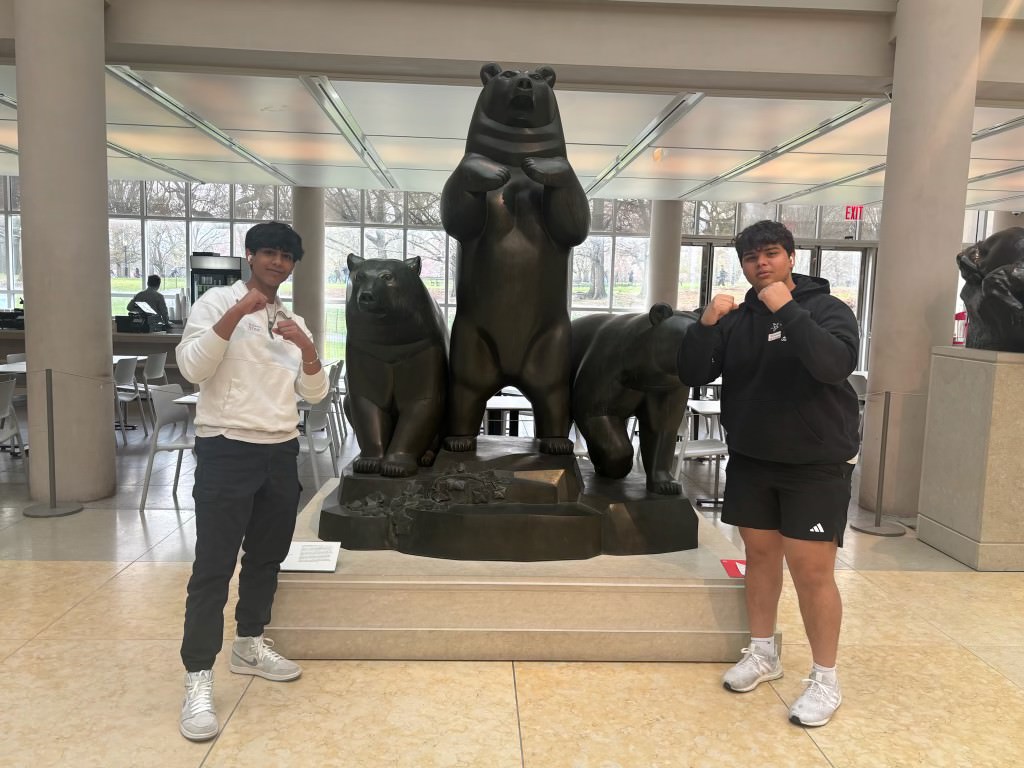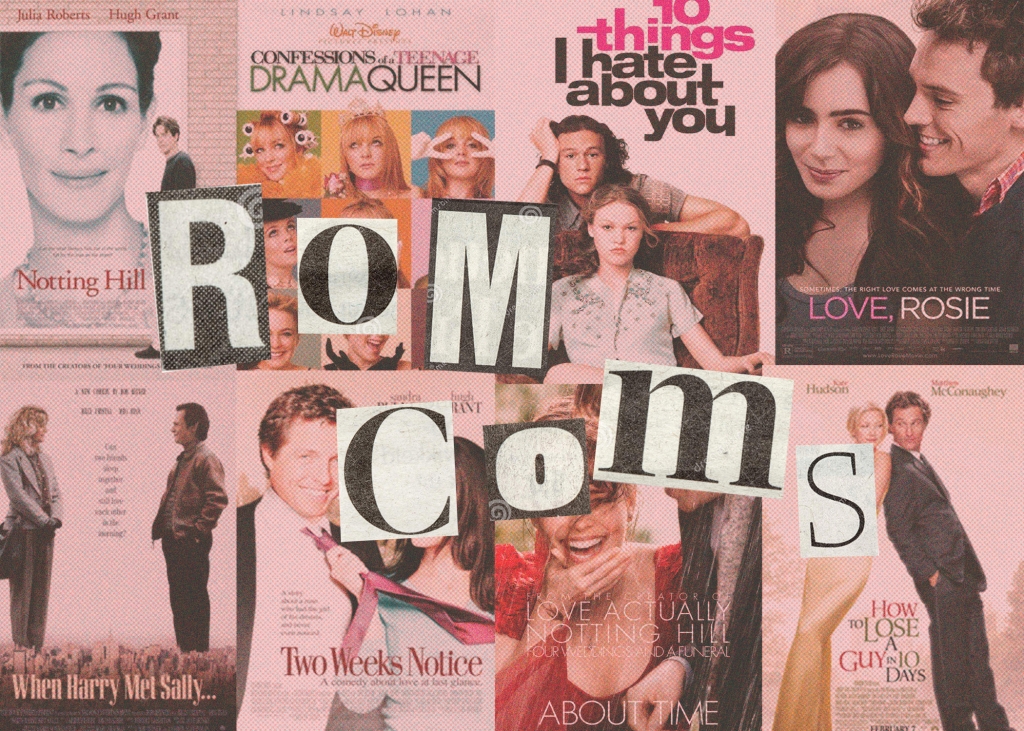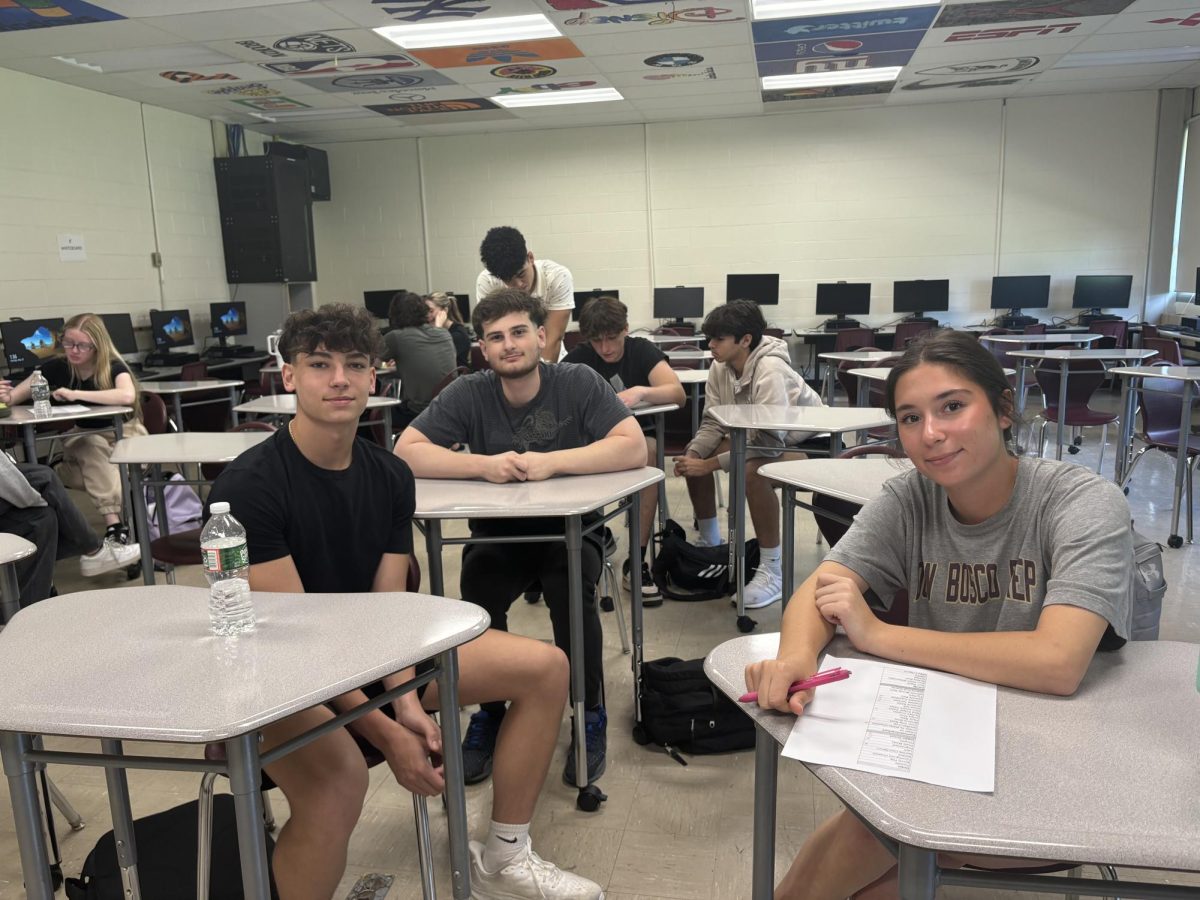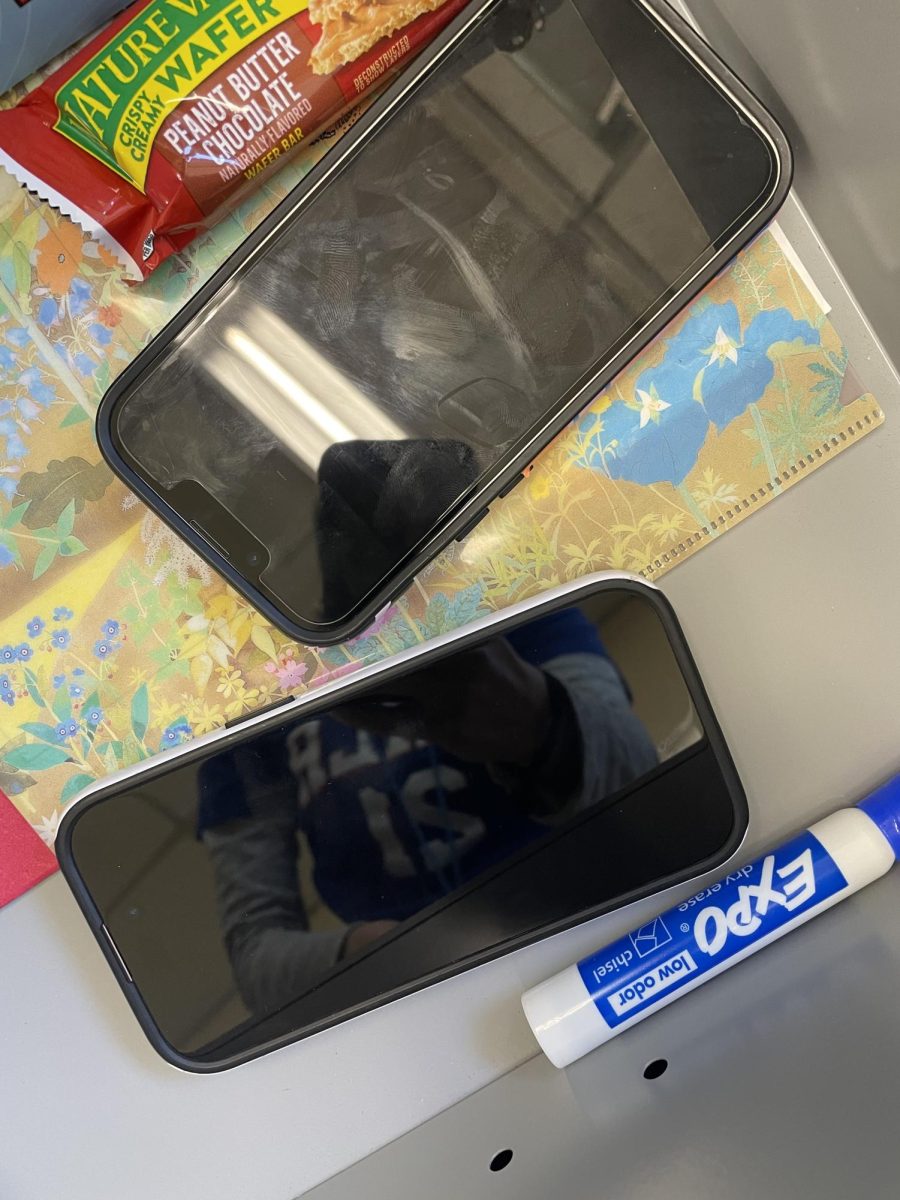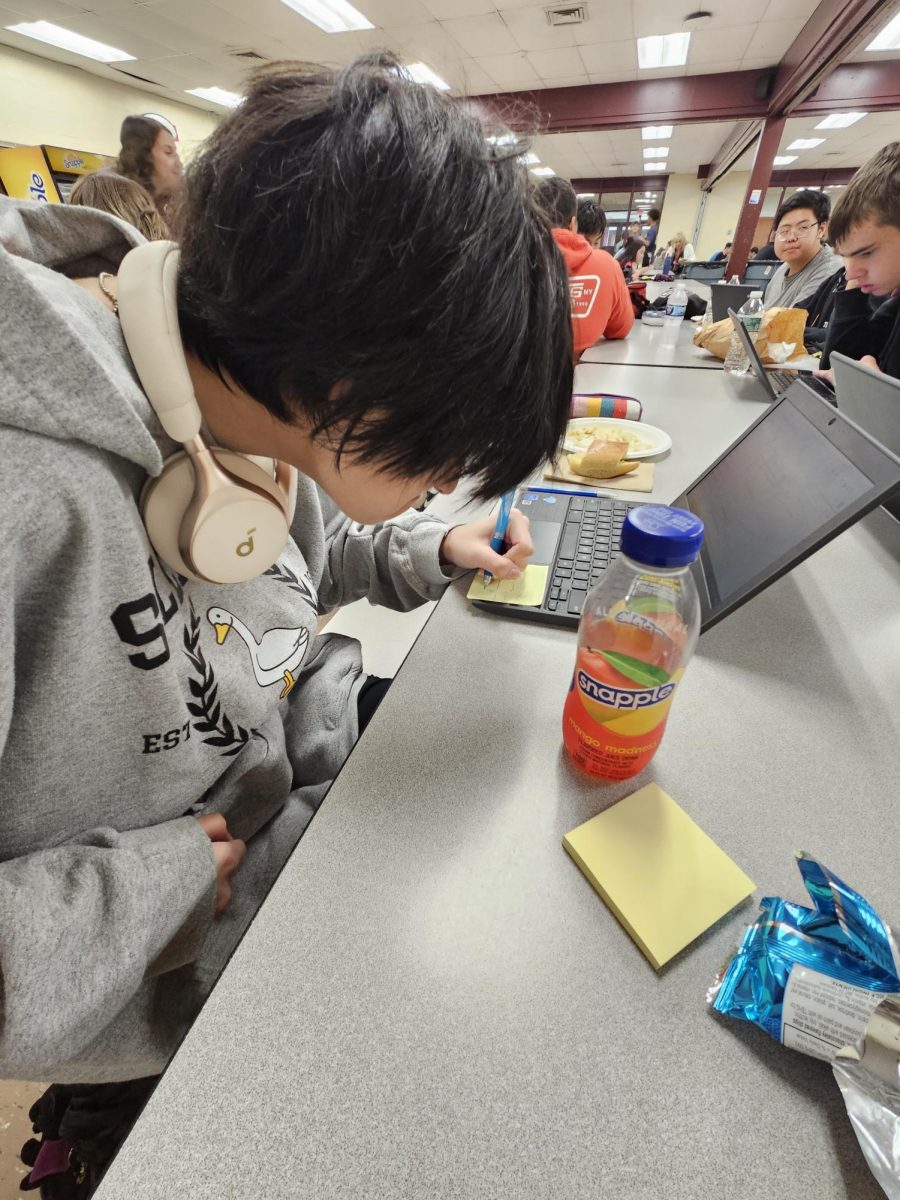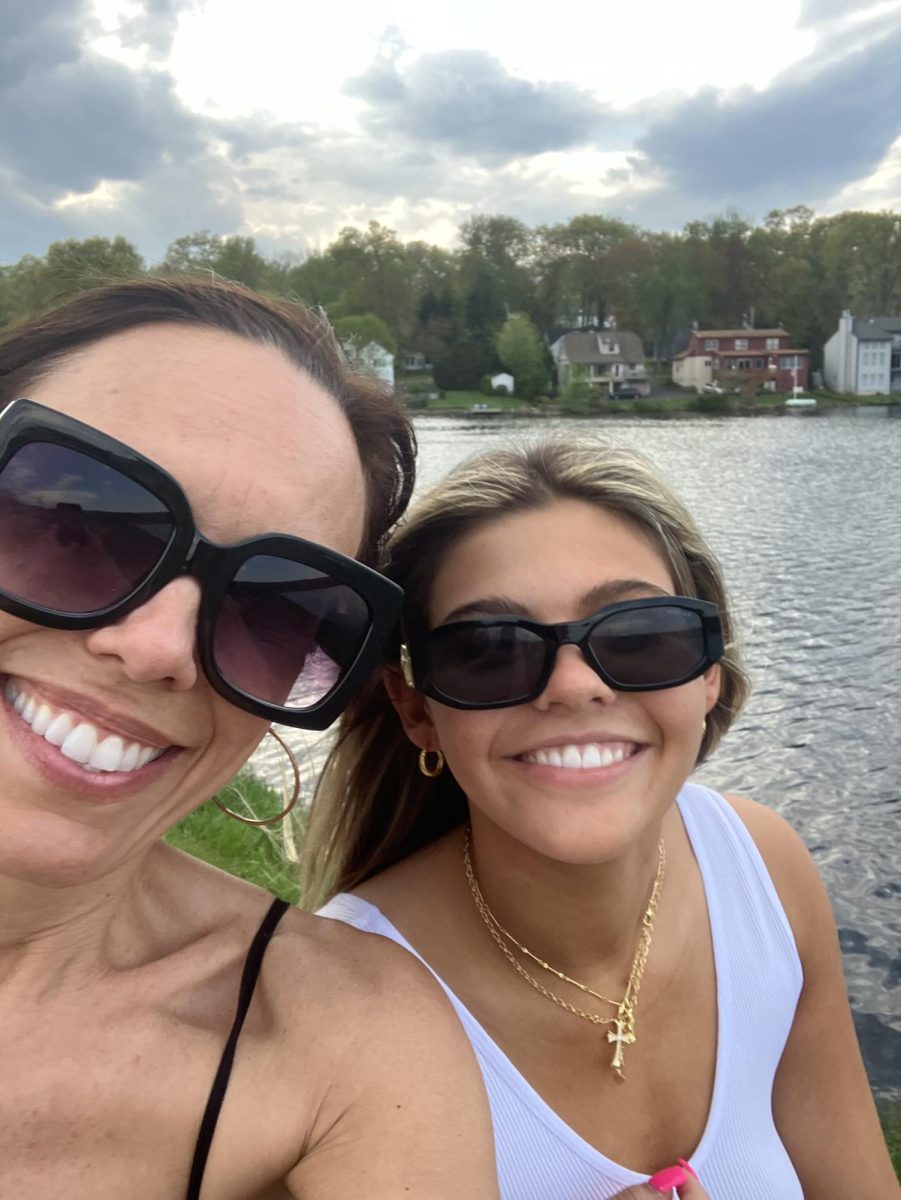Will the “Doomsday Glacier” Cause the End of the World in Our Lifetime?
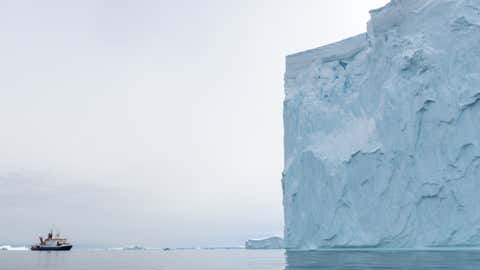
January 11, 2022
The “doomsday glacier” is exactly what it sounds like, located in Antarctica, it is nearly half the size of Florida and broke off from Antarctica in May of 2021, considered as the world’s largest iceberg being 1,668 square miles. It got its vicious nickname as the doomsday glacier because of how much seas would rise when it begins to melt and how much mass it takes up in the sea.
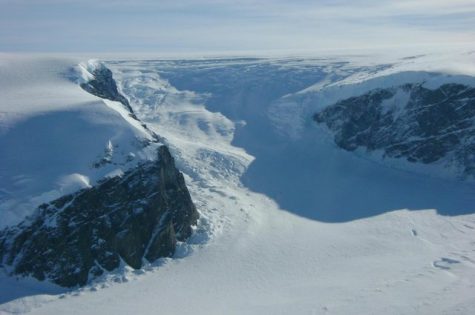
Back in May 2021, scientists discovered the Thwaites glacier broke apart in West Antarctica. That was big news but now scientists believe that the Thwaites glacier contains enough ice to increase seas all over the world by 65 cm if it were to disintegrate. That may not sound like a lot, but in past years only 20 cm of the sea level has risen since the 1900’s so 65 cm all in one year is a lot more than you can imagine. To make matters even worse, the location of the Thwaites glacier makes things even more complicated. Since it is surrounded by other smaller glaciers it can set a regional chain reaction and bring other glaciers down with it, meaning more and more meters of sea levels will rise.
If the Thwaites glacier completely melts and sea level rises then major cities like Miami, Tokyo, Mumbai, and even New York could be flooded with devastating amounts of water. Smaller islands like the Maldives would be completely submerged.
Less than a week ago, scientists traveled to the glacier to discover more about the glacier and try to estimate how long it would take to melt. They found that the Thwaites glacier is already dumping 50 billion tons of ice into the ocean each year which accounts for 4% of recent sea level rise. Scientists believe that it will “shatter like a car window” in the next five to ten years to come.
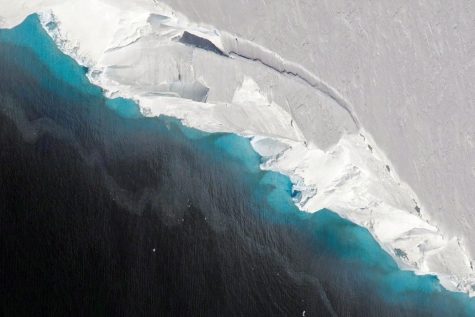
“This glacier sounds very scary and I didn’t even know it was a thing. I feel like it should be talked about more to send a wake up call to some people since most take climate change as a joke and don’t believe the world is ending when it clearly is,” said junior, Riya Kachroo.
On a happy note, it’s never too late to stop and end climate change but if we don’t start caring now it might be too late for future generations to come.



